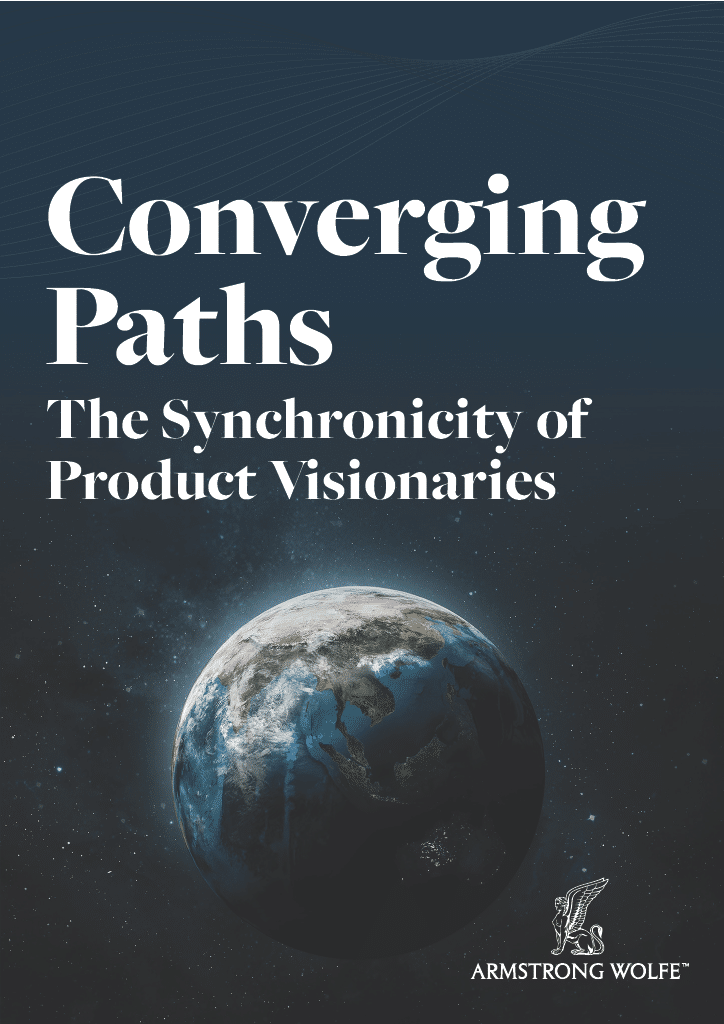This article will focus on the function of FinTech what their roles are in local economies and why they are so critical to our global economy and our financial well-being.
The essence of what banking is hasn’t changed since 800 B.C. when the Babylonians first conceived banking. If I were to describe banking in a single sentence, it would be it’s a medium for financial exchange. So what does this mean? At the core of every bank, regardless of its size, is a business model that focuses on receiving deposits and using those deposits to make loans.
Where the complexity comes into banking is with the variety of products that make up deposits and loans and the transactions associated with these products . This means that banks work as intermediaries between two sets of parties, those that want to deposit funds and in return receive interest in the form of monetary compensation. And then there are those who want to borrow funds and in return pay interest in the form of monetary compensation.
The interest that a bank receives from lending is then paid to depositors less, a margin that the bank takes for providing the service. And the final part of this is liquidity. For example, when I deposit my money with a bank, I’m in effect lending my money to a bank on the promise that the bank will return this to me if and when I ask for this back. This is where liquidity comes into play. Banks need to be able to respond to depositors demands quickly. Banks are required to retain a certain amount of deposits in liquid assets to meet the day-to-day demands of depositors.
Given that banks are in the business of lending, recalling loans and asking for borrowers to return funds, for example, by selling their homes to make depositors demands is impractical. The business model of banks is wide, so it includes retail banks, so banks which target people like you and me for our everyday banking needs. Then there are commercial banks. These banks typically focus on business banking from small businesses right through to larger, sometimes even global enterprises. This includes familiar names like BNP Paribas and ICICI in India. They provide similar products and services as retail banks, as well as in deposits and lending.
But the design and focus of the products and services is tailored to the unique needs of business clients. Then there are well known investment banks like Barclays, Goldman Sachs, Deutsche and Morgan Stanley. They’re world famous and there’s a reason why these guys operate in the big league. Investment banks tend to focus on capital financing and wholesale banking for enterprises and governments, using a variety of methods, including equity, debt, IPO’s bonds, mergers and acquisitions, portfolio management, etc.
They are big revenue and profit generators. In 2019 Goldman Sachs reported net revenues of thirty six point five five billion dollars, which is the GDP of Bolivia. Now, whilst a split these business models out, it’s not uncommon for a bank to operate across all three models.











